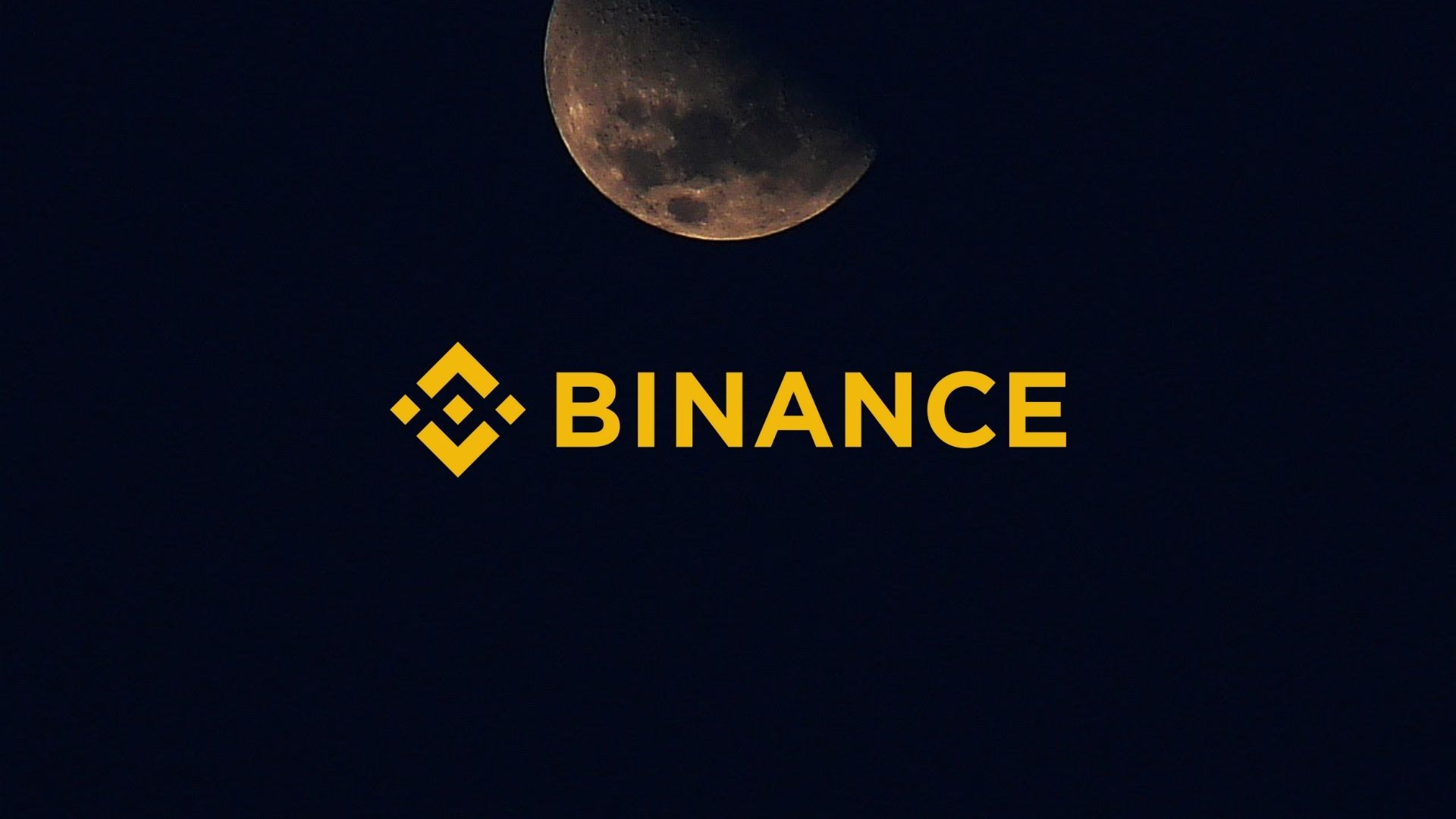There are a number of causes for alarm, including the organizational setup, crypto liabilities, and the quality of internal controls.
Accounting and financial experts contacted by The Wall Street Journal said that Binance’s attempts to increase reserve transparency had unexpected consequences.
An ex-member of the Financial Accounting Standards Board (FASB) and investment manager has pointed out that the audit firm Mazars’ report does not reassure investors about Binance’s financial situation because it does not detail the quality of the exchange’s internal controls or how its systems liquidate assets to cover margin loans.
The newspaper’s sources also expressed concerns about the company’s complex corporate structure.
The variations in Bitcoin liabilities were also brought to light. Binance’s proof of reserves indicates that the exchange was only 97% collateralized, not including assets lent to customers through loans or margin accounts, which means that the exchange did not meet the required 1:1 reserve-to-customer-assets ratio.
A former head of the SEC’s Office of Internet Enforcement and current senior lecture fellow at Duke Law School John Reed Stark tweeted:
“Binance’s “proof of reserve” report makes no guarantees on the accuracy of the statistics or the efficiency of the company’s internal financial procedures. For almost 18 years, I served in SEC Enforcement. Herein is my definition of a warning sign.”
On December 7th, Mazars released their audit of Binance’s crypto holdings. The multinational auditing firm found that the cryptocurrency exchange was in possession of 575,742.42 Bitcoin worth $9.7 billion. According to the company’s approach, “Binance was 101% collateralized.”
Also Read: Ripple And SEC Want The Court To Set A Key Date In The XRP Lawsuit


Comments are closed.